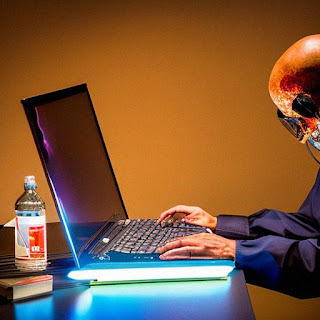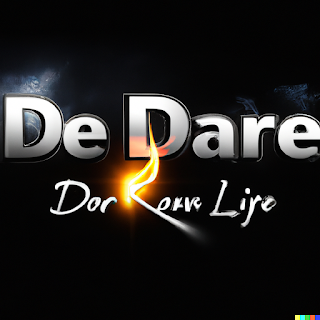Computer Vs Death.
Death- or the idea of a person's mortality- is one of the most powerful concepts in human history. The concept of death has sparked wars, revolutions and creation myths. People have also created religions and philosophies in an attempt to understand this inevitable event. Many ancient Greeks viewed death as a part of life and believed in fighting death through philosophy, religion and mythology. However, Thomas Hobbes famously described death as 'the greatest calamity that can befall a human being.' Human beings have different attitudes towards death, which directly affects their mental state.
The Greek philosopher Socrates believed that the unexplainable nature of death inspired his philosophical inquiries. According to Greek legend, when Socrates faced his own mortality, he refused to drink the deadly cup of hemlock. Even in death, Socrates maintained his ethical standards- which some believe led to his continued existence after death. In contrast to Socrates' quests for knowledge, ancient Greek mythology featured many tales about heroes defeating death. These included stories about people fighting mythical creatures like the gorgon and chimera. While they were defeating these beasts, ancient Greeks believed they were holding off their own mortality as well.
Death was a major topic in Thomas Hobbes' famous sociopolitical treatise, Leviathan. According to Hobbes, 'the greatest calamity that can befall a human being' was the inevitability of death. He believed that any advantage humans had over animals would eventually be taken away from them by the realities of death. The only way for humans to avoid this calamity was through submission to absolute power; this powerlessness would give humans no other option but to accept death. In comparison to Socrates' inquiries into knowledge, Thomas Hobbes was inquiring into the unknown through his examination of death.
One's attitude towards death directly affects his or her mental state. For example, a person who believes in reincarnation may not feel as affected by death as someone who does not believe in rebirth. Someone who believes in rebirth may even find it comforting to believe that they will be reunited with their ancestors after death. Conversely, a person whose attitude is rigidly fatalistic may feel more at peace with his or her own mortality if he or she believes that life is meaningless without death.
Death is one of the most powerful concepts in human history due to its relation to our own mortality. People fight this calamity through philosophy, religion and mythology since these are the avenues open to humankind when confronted with the void of mortality. However, perspectives on life and death vary greatly within and outside of the human race alike. Depending on one's point of view, life may be valuable enough to protect or trivial enough to lose without consequences- but either way it is fragile enough to shatter at any moment through a simple thoughtless action or word.


Comments
Post a Comment